You don’t need labs to medically clear a psych patient
PEMBlog
SEPTEMBER 6, 2023
This is a blog post designed to disseminate the important work of Choosing Wisely , an initiative of the the American Board of Internal Medicine Foundation, the goal of which is the spark conversations between clinicians and patients about what tests, treatments, and procedures are needed – and which ones are not.

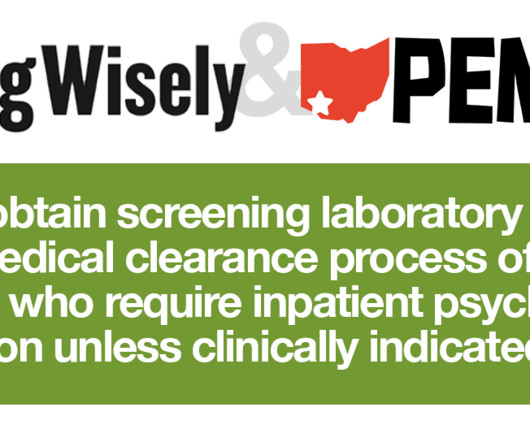

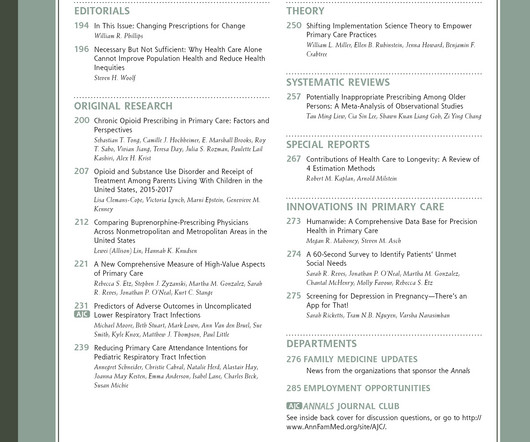
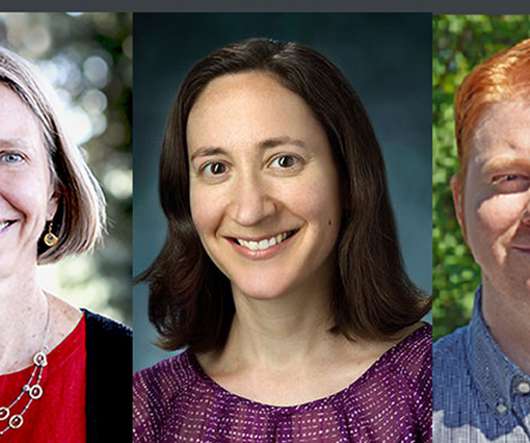
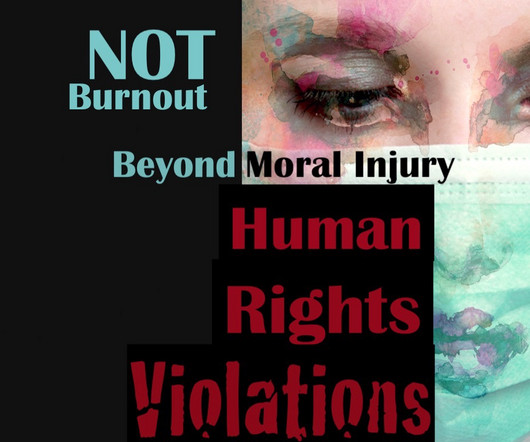
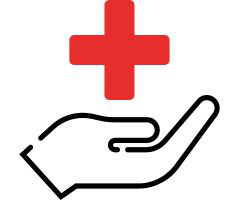


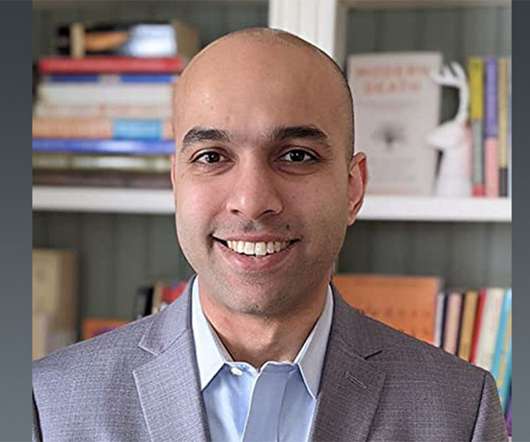
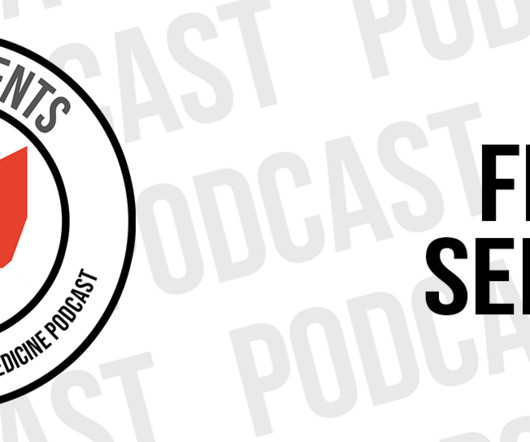






Let's personalize your content